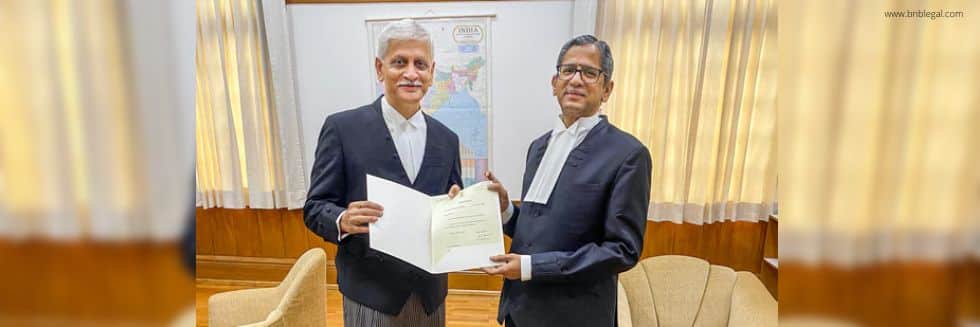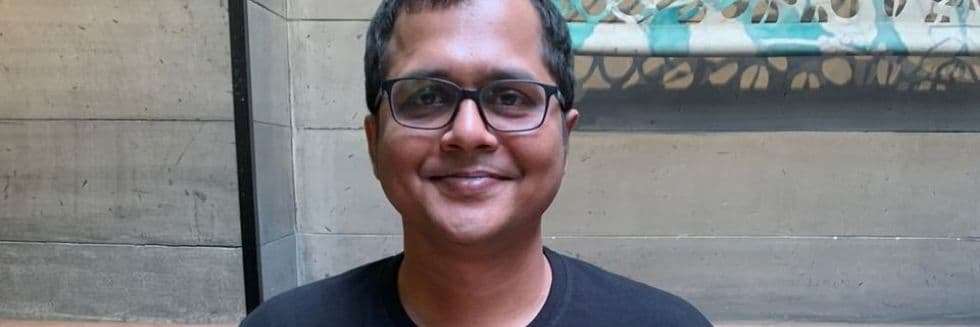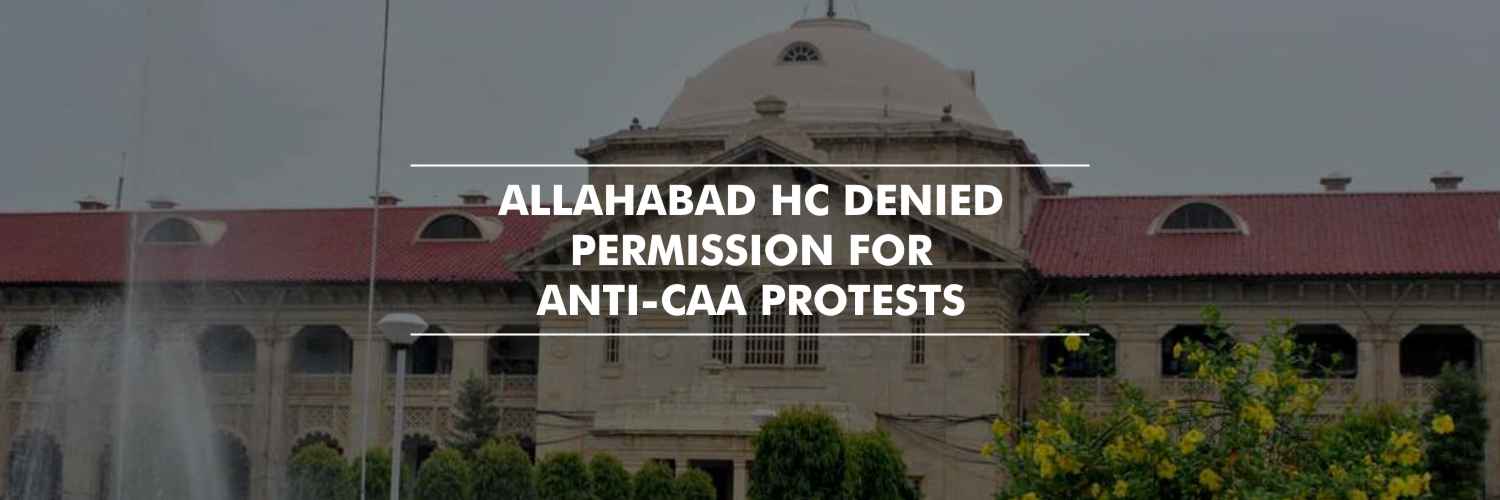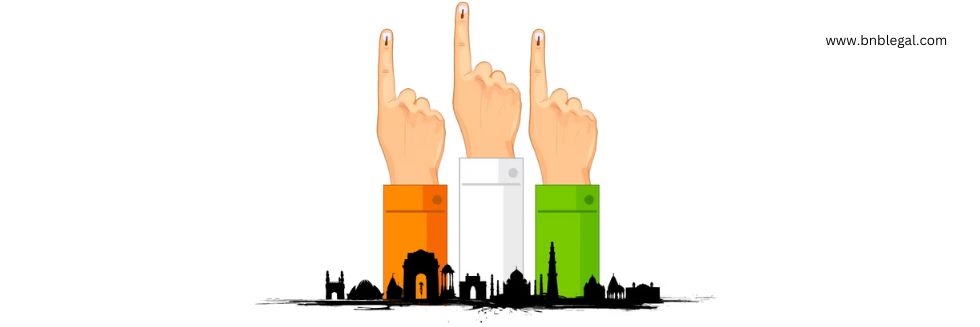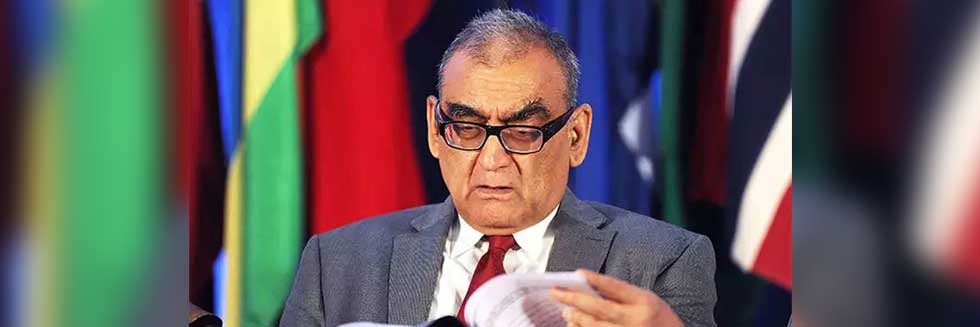As Justice NV Ramana retires on Friday, Justice Uday Umesh Lalit on Saturday took oath as the 49th Chief Justice of India. He will retire on November 8 and will have 74 days of tenure.
President of India, Draupadi Murmu administered the oath of office at Rashtrapati Bhavan. As per newly appointed CJI, his areas of focus will include listing of matters, mentioning of urgent matters, and ensuring that at least one Constitution Bench is sitting for important matters.
Who Is Justice UU Lalit?
Justice Uday Umesh Lalit was born November 9th, 1957, in Solapur, Maharashtra. His father, U.R. Lalit was a former additional judge of the Bombay High Court Nagpur bench and a senior counsel practicing at the Supreme Court of India. His grandfather was also a lawyer.
He enrolled as an advocate in June 1983. Specialized in criminal law, he practiced at the Bombay HC from 1983 to 1985. He moved his practice from Bombay to Delhi in 1985. Justice Lalit worked with then Attorney General of India, Soli Sorabjee from 1986 to 1992.
On 3 May 1992, he registered as an Advocate-on-Record at the Supreme Court. On 29 April 2004, Lalit was designated as a senior advocate of the Supreme Court.
In 2011, the Supreme Court bench comprising Justice G. S. Singhvi and Justice Asok Kumar Ganguly appointed Lalit as the special public prosecutor for the Central Bureau of Investigation (CBI) in the 2G spectrum cases.
In July 2014, the Supreme Court collegium recommended his elevation to the Supreme Court as a judge and was appointed as a judge on 13 August 2014. With his appointment, he became the sixth lawyer to be directly elevated to the Supreme Court.
Important Cases And Landmark Judgments By Justice UU Lalit
During his stint as a lawyer, he handled several high-profile and controversial cases.
- In 1994, he represented BJP leader and former Uttar Pradesh Chief Minister, Kalyan Singh, related to the demolition of the Babri Masjid. Later, he recused himself from hearing the Ram Janmabhoomi-Babri Masjid land title case in 2019 after senior advocate Rajeev Dhavan questioned the same.
- In 1998, he represented Salman Khan in connection to the poaching case for killing two blackbucks, an endangered species of antelope.
- Post 2002 Gujarat riots, he represented BJP leader and Home Minister Amit Shah in the purported fake encounter killings of Sohrabuddin Sheikh and Tulsiram Prajapati. It led to the controversy related to the newly formed Modi government sending back the recommendation of senior advocate Gopal Subramanium for judgeship.
- Subramonium was previously appointed as the solicitor general under the United Progressive Alliance (UPA) government. He alleged that he was being targeted for displaying “independence and integrity” for his role in assisting the court in the 2005 case involving the alleged extrajudicial killing of Sohrabuddin Sheikh.
- In 2017, Justice Lalit was also part of the five-judge constitution bench which gave the ‘triple talaq’ landmark judgment of Shayara Bano versus Union of India. With a 3:2 majority, the bench declared the instant triple talaq or ‘talaq-e-biddat’ to be “unconstitutional” and “manifestly arbitrary”.
- In 2017, the two-judge bench led by Justice Lalit gave an order related to IPC Section 498A and noted that there was an increasing pattern of women misusing the legal provision to implicate husbands and their relatives.
- The same bench gave another controversial judgment in March 2018 diluting the provisions of the SC/ST Prevention of Atrocities Act. The bench held that the arrest of an accused was not mandatory under the Act and ought to be done only after a preliminary inquiry and sanction by relevant authorities.
- In 2020, he led the two-judge bench which upheld the rights of the erstwhile Travancore royals to manage and administer the affairs of Thiruvananthapuram’s Sree Padmanabha Swamy Temple.
- In 2021, Justice Lalit led the three-judge bench and reversed the Bombay High Court’s “skin to skin” ruling.
